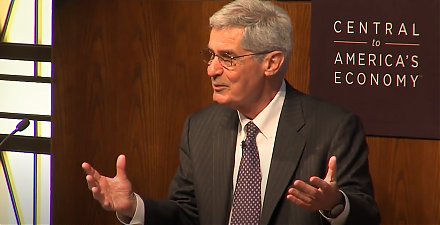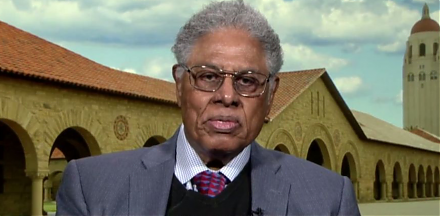

2019-10-25 07:49:00 Fri ET
treasury deficit debt employment inflation interest rate macrofinance fiscal stimulus economic growth fiscal budget public finance treasury bond treasury yield sovereign debt sovereign wealth fund tax cuts government expenditures
U.S. fiscal budget deficit hits $1 trillion or the highest level in 7 years. The current U.S. Treasury fiscal budget deficit rises from $779 billion to $1.07 trillion during the Trump administration from November 2016 to September 2019. About 60% of this Treasury budget shortfall arises from the Trump tax credits for U.S. residents and corporations. These tax cuts exacerbate the current fiscal imbalance in addition to several other fiscal stimulus packages on infrastructure, education, and technology. The fiscal deficit boosts American national debt to $22.5 trillion (or a 13% increase during the current Trump administration).
However, the fiscal deficit as a percentage of U.S. GDP decreases from a peak of almost 10% in 2009 to about 5% as of September 2019. This evidence galvanizes popular support for the Republican consensus view that both the Trump tax cuts and other fiscal stimulus packages help boost U.S. economic growth, employment, and capital investment. The U.S. unemployment rate remains at the historically low 3.7% level, and the U.S. economic growth rate reaches almost 3% per year. With low core inflation expectations below the 2% target, the Federal Reserve maintains the dual mandate of both maximum sustainable employment and price stability.
If any of our AYA Analytica financial health memos (FHM), blog posts, ebooks, newsletters, and notifications etc, or any other form of online content curation, involves potential copyright concerns, please feel free to contact us at service@ayafintech.network so that we can remove relevant content in response to any such request within a reasonable time frame.
2017-05-01 09:45:00 Monday ET

Apple now pursues an early harvest strategy that focuses on extracting healthy profits from a relatively static market for the Mac, iPhone, and iPad, all of
2018-03-03 11:37:00 Saturday ET

President Xi seeks Chinese congressional approval and constitutional amendment for abolishing his term limits of strongman rule with more favorable trade de
2018-03-09 08:33:00 Friday ET

David Solomon succeeds Lloyd Blankfein as the new CEO of Goldman Sachs. Unlike his predecessors Lloyd Blankfein and Gary Cohn, Solomon has been an investmen
2023-02-07 08:26:00 Tuesday ET

Michel De Vroey delves into the global history of macroeconomic theories from real business cycles to persistent monetary effects. Michel De Vroey (2016)
2023-11-14 08:24:00 Tuesday ET

Thomas Sowell argues that some economic reforms inadvertently exacerbate economic disparities. Thomas Sowell (2019) Discrimination and econo
2019-10-03 17:39:00 Thursday ET

President Trump indicates that he would consider an interim Sino-American trade deal in lieu of a full trade agreement. The Trump administration defers high